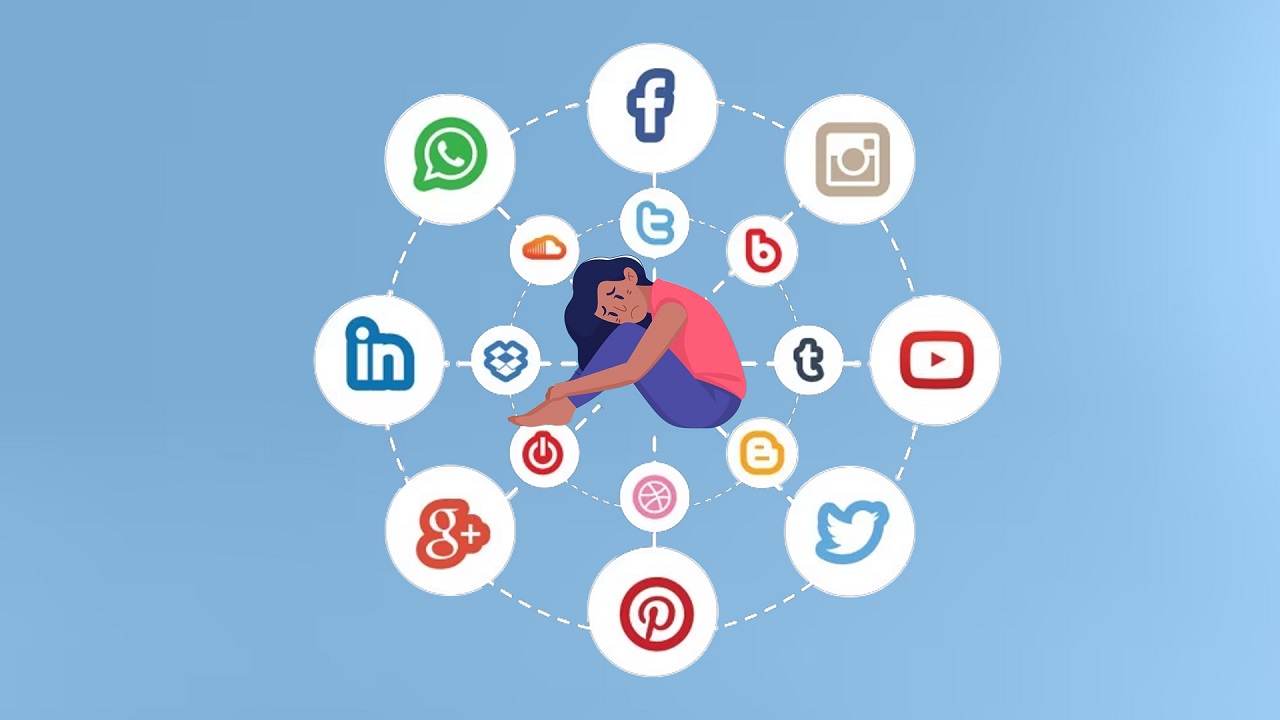We are living in the age where information technology became important part of our life. Unfortunately most of the people don’t know how to use this social media.
Social Media is wonderful invention, essential tool of our everyday life. There is nothing wrong with social media, its the imbalance. These social media should be in your control, don’t let it take control on you.
One of the most significant contributions of social media is its ability to bring people together regardless of distance. It has broken down geographical barriers, allowing individuals to connect, communicate, and collaborate in ways unimaginable just a few decades ago.
Families, friends, and communities can stay connected effortlessly, fostering a sense of belonging and unity. Social media has also given a voice to marginalized groups, providing a platform for activism, social change, and awareness campaigns.
Though, it has various advantages, It has serious impacts on mental and physical health. You received WhatsApp message from your friend, its shows the Double tick for your friend, at that time you are pushed to reply soon, it makes you think, if I don’t reply they will think that I am rude.
What if you are driving, or playing sports, that time you can see the messages but that moment you cant give reply.
We have to understand that if you receive notifications on your phone or computer its not necessary to reply right at the moment. Just keep the phone away, until you finish jour work or dinner.
Social media has transformed the way we consume news and information. Traditional media outlets are no longer the sole gatekeepers of news, as citizens can now actively participate in reporting and sharing information in real-time.
This democratization of information has empowered individuals, but it also comes with challenges such as the spread of misinformation and the potential for echo chambers, where people are exposed only to information that aligns with their beliefs.
The impact of social media is undeniable, shaping the way we communicate, interact, and perceive the world. It has provided unprecedented opportunities for connectivity, information sharing, and cultural exchange. However, it also poses challenges related to mental health, privacy, and the spread of misinformation.
To harness the positive potential of social media, it is crucial for individuals, communities, and policymakers to navigate these challenges responsibly, promote digital literacy, and foster a culture of empathy, critical thinking, and informed engagement. Only then can we fully maximize the benefits of social media while minimizing its negative consequences, ultimately building a healthier and more connected socially.
Feature image provided by author.
